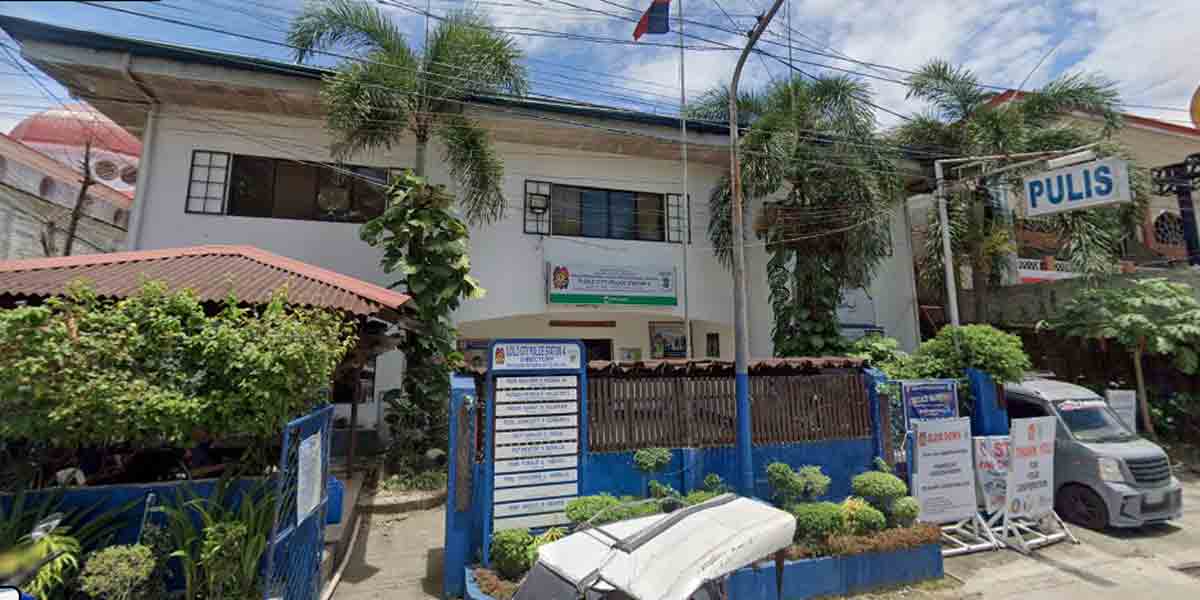The Philippines’ inflation rate dropped to 1.9% in September 2024, marking a four-year low and sparking optimism for economic stability, the Philippine Statistics Authority (PSA) reported Friday.
The significant plunge from August’s 3.3% inflation is attributed to the easing of food and fuel prices, and signals an opportunity for higher consumer spending and business expansion.
National Economic and Development Authority (NEDA) Secretary Arsenio Balisacan welcomed the development, noting its potential to relieve economic pressures on households.
“The continued slowdown in inflation is expected to boost consumer confidence, driving higher spending and consumption and fueling business expansion. Easing food prices will relieve low-income households, enabling them to allocate more to other essential needs such as education and health,” Balisacan said.
The September figure is the lowest since May 2020, when inflation hit 1.6%.
Year-to-date inflation now stands at 3.4%, comfortably within the government’s target range of 2% to 4%, and reflects broader inflationary trends across Southeast Asia.
Rice prices showed a sharp improvement, with inflation dropping to 5.7% from 14.7% in August, following the implementation of Executive Order No. 62, which reduced rice tariffs to 15% to maintain affordability.
Balisacan stressed the importance of sustaining such measures while continuing to invest in local agricultural production.
Finance Secretary Ralph Recto also lauded the sharp decline, expressing hope for continued stability as the Christmas season approaches.
“Napakagandang balita po ito para sa mga Pilipino. Patuloy nang bumababa ang presyo ng mga bilihin at hindi titigil ang gobyerno na gawing mas abot-kaya ang mga ito lalo na sa paparating na Pasko,” Recto said.
The drop in inflation exceeded expectations, with the Bangko Sentral ng Pilipinas (BSP) forecasting a range of 2.0% to 2.8%.
The decline was largely driven by slower price increases in food and non-alcoholic beverages, which accounted for nearly 70% of the overall drop, as well as transport costs and housing-related expenses.
Beyond inflation control, the government is addressing other economic challenges, such as the ongoing African swine fever (ASF) outbreak.
The Department of Agriculture (DA) has partnered with the Development Bank of the Philippines (DBP) to launch the Agri-Puhunan at Pantawid Program, offering low-cost credit facilities to 50,000 rice farmers.
Additionally, the government is expanding the rollout of ASF vaccines to protect the swine industry, with 150,000 doses planned for distribution in multiple provinces.
The government’s push to stabilize prices and support agricultural sectors comes alongside the recently passed Anti-Agricultural Economic Sabotage Act, aimed at curbing illegal practices such as hoarding and profiteering in the agriculture sector.
As the country braces for the potential impacts of La Niña, which began in September, Balisacan emphasized the need for preparedness, including improved early warning systems and enhanced local government response efforts.
“We want Filipinos, particularly vulnerable families, to be shielded from various shocks and continue to have access to affordable goods in the coming months as we protect the gains we have made and sustain our economic progress,” he said.
The Bangko Sentral ng Pilipinas (BSP) saidthe September 2024 inflation outturn of 1.9 percent settled slightly below its announced forecast range of 2.0 to 2.8 percent.
Lower-than-projected prices for some food items along with the decline in transport costs contributed to the deceleration of inflation for the month.
“The latest inflation outturn remains consistent with our assessment that inflation will continue to trend downwards over the succeeding quarters due to negative base effects and the easing of supply pressures for key food items,” it added.
The balance of risks to the inflation outlook continues to lean toward the downside for 2024 and 2025 with a slight tilt to the upside for 2026.
The downside risks are linked mainly to the impact of the lower import tariffs on rice, while upside risks come from higher electricity rates and external factors such as worsening geopolitical risks in the Middle East and Ukraine, which could impact global oil and food prices as well as the exchange rate.
The BSP will consider the latest inflation outturn at the upcoming monetary policy meeting on 16 October 2024.
The Monetary Board will continue to take a calibrated approach in ensuring price stability conducive to balanced and sustainable growth of the economy and employment



















